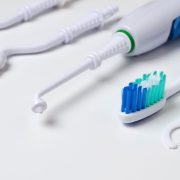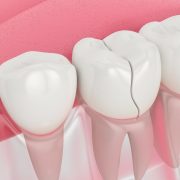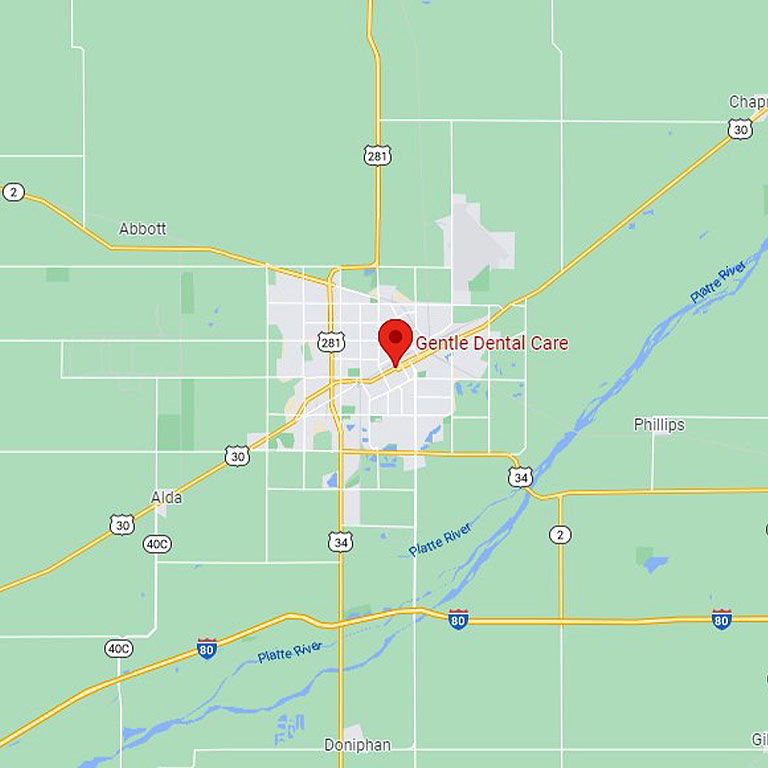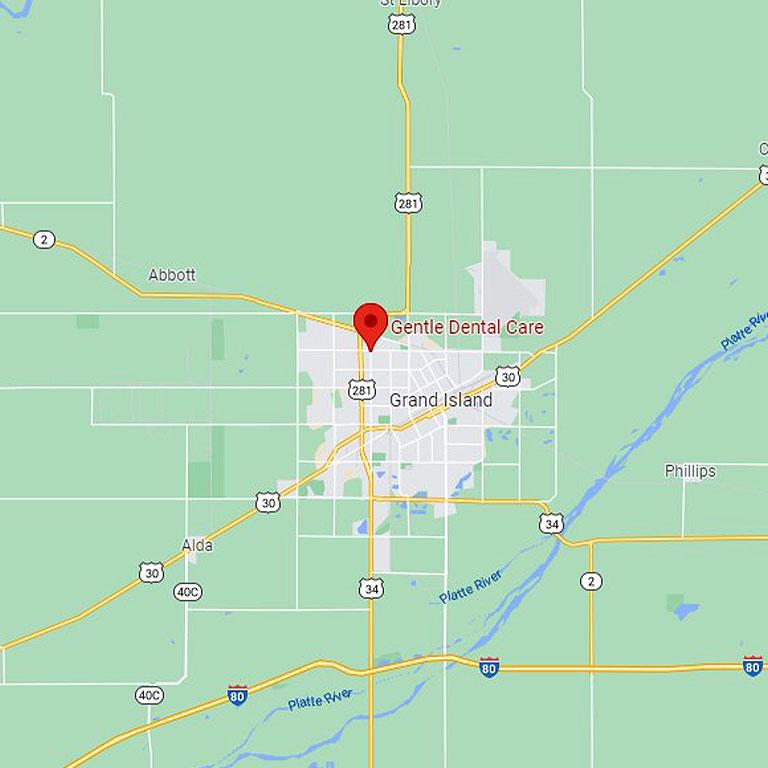Is It Time to Ditch Your Manual Toothbrush? What You Should Know Before Upgrading
It’s easier than ever to upgrade all areas of your life, including your oral hygiene at home. One of the easiest—and most fun—ways is by investing in an electric toothbrush, which are readily available online and in local retail stores. They come in two styles, battery-operated and plug-in. The plug-in version is more powerful, but the battery-operated version is more suitable for kids. Electric toothbrushes are growing in popularity—and for good reason. But is it really time to retire your manual toothbrush? Here’s what to consider before making the switch.
Electric vs. Manual: What’s the Difference?
While both can be effective with proper technique, electric toothbrushes do much of the work for you. Oscillating or vibrating brush heads help remove more plaque with less effort, especially in hard-to-reach areas. Nothing takes the place of regular dental exams in Grand Island, NE, though, not even electric toothbrushes!
Benefits of Upgrading
Studies show electric toothbrushes, especially those with rotating heads, can reduce plaque and gum inflammation more effectively than manual ones. They also help prevent brushing too hard, a common mistake that can lead to gum recession and enamel wear.
Built-in Features That Help
Many electric toothbrushes come with timers to ensure you brush for the recommended two minutes, along with pressure sensors and even app connectivity to monitor your brushing habits. These extras can improve technique, especially for kids or people with dexterity challenges.
When a Manual Brush Still Works
Manual toothbrushes are convenient, inexpensive, and perfectly fine when used correctly. If you’re consistent with brushing for two full minutes twice a day, using gentle pressure and a soft-bristled brush, you may not need to switch.
If you struggle with brushing thoroughly or tend to rush, an electric toothbrush can help improve your oral hygiene routine. It’s especially helpful for people with braces, implants, or arthritis. Before upgrading, talk to your dentist in Grand Island, NE about which type of toothbrush suits your needs. Sometimes, it’s not about the tool—but how you use it. Still, a well-chosen electric toothbrush can make a big difference in your daily dental care.








